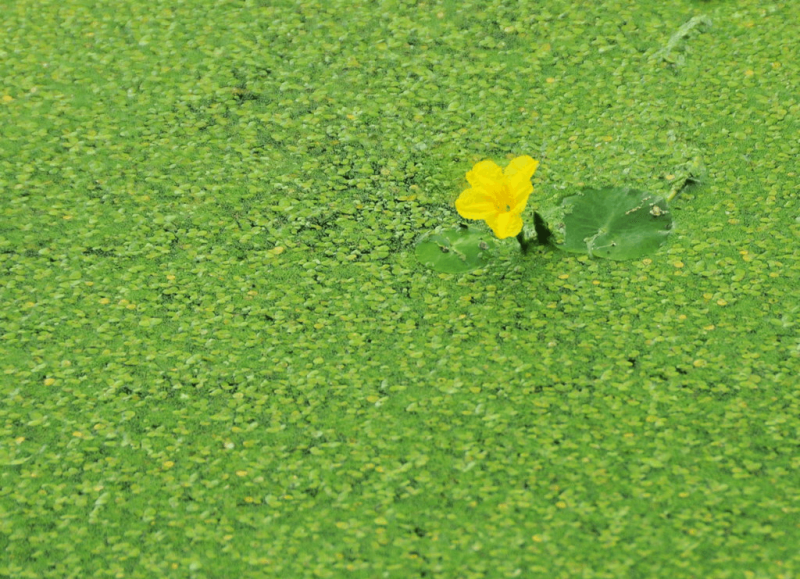Scientists have figured out how to coax copious amounts of oil from duckweed, one of nature’s fastest-growing aquatic plants. Converting such plant oil into biodiesel for transportation and heating could be a big part of a more sustainable future.
For a new study in the Plant Biotechnology Journal, researchers genetically engineered duckweed plants to produce seven times more oil per acre than soybeans—currently the most commonly used biodiesel-producing plant. Study lead author John Shanklin, a biochemist at the U.S. Department of Energy’s Brookhaven National Laboratory, says further research could double the engineered duckweed’s oil output in the next few years.
According to Rebecca Roston, a biochemist at the University of Nebraska–Lincoln, who was not involved in the study, engineered green plants typically expend a lot of energy on oil production and thus stop growing. For the new study, Shanklin says, the researchers added an oil-producing gene that would be inactive at first, “turning it on like a light switch” by introducing a particular molecule only when the plant had finished growing.
This process “worked fabulously well,” Roston says. “If it replicates in other species—and there’s no reason to think that it would not—this can solve one of our biggest issues.”































